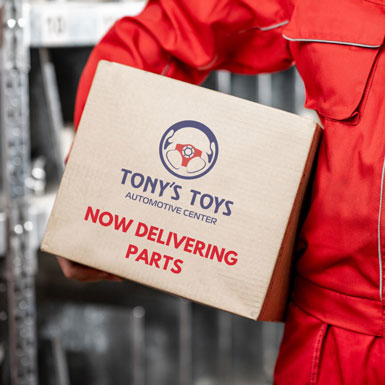As a result of the COVID-19 (coronavirus) pandemic, everyone is talking about how to keep our hands, house, desk and office sanitised but have we given any thought to how best to ensure that we are protecting ourselves in our VEHICLES? Some of us spend a lot of time in cars; for some people, their car IS their office. We need to do everything we can to reduce the germs we bring into a vehicle, or spread around inside, and limit the risk of transmitting the virus from vehicles to outside buildings and other people. Here are some tips to do just that!
First things first: wash your hands before and after you operate or ride in a vehicle. Remember the 20-second rule when washing. If you’re unsure how long that is, sing ‘Happy Birthday’ to yourself twice and that’s 20 seconds! Keep hand sanitiser or wipes in your car too for an easy, preventive measure.
Clean hands won’t mean a thing if the surfaces they touch are dirty though. Vehicle interiors are made up of different kinds of surfaces, from leather and metal to rubber and plastic. Use any common EPA-registered household disinfectants to wipe down all surfaces in the vehicle. Clorox, Lysol and Purell products come to mind. Just make sure you read the label to make sure the cleaner is safe to use on the different surfaces in your vehicle.
Use disposable gloves while cleaning or set aside a pair of reusable gloves for COVID-19 disinfection purposes only.
Focus on common vehicle touchpoints such as the door handle (inside and outside), key fob, steering wheel, inside door buttons, seat belts, gear shifters, and touchscreens. The most important part of the interior to keep clean? The dashboard. It is the worst place in terms of the total number of bacteria. Other places to be mindful of are gas pump handles and keypads at gas stations.
How often should you do this? Well, the Centre for Disease Control recommends cleaning and disinfecting touched surfaces daily.
Why is this important? Not only to protect your own health but the safety of your passengers too. People over the age of 60 and those with underlying conditions such as hypertension, diabetes, cardiovascular disease, chronic respiratory disease, and cancer have the highest risk of severe disease and death from COVID-19, according to the World Health Organisation (WHO).
Children are often unsuspecting carriers of infection, due to their lack of awareness of personal hygiene. A driver who regularly drives children and may also have elderly people as passengers. Without proper cleaning, the virus can spread to elderly passengers even if the children are not riding in the vehicle at the same time.
Lastly, do not panic. Limit your contact with other people. Practice social distancing – stay 6 feet away from people – and do not go out in public unless you absolutely have to. Avoiding touching your eyes, nose, and mouth; your hands can carry the virus. Listen to the facts from the authorities and not the rumours. Here in the Cayman Islands, you can find the latest official information at https://www.exploregov.ky/coronavirus.






